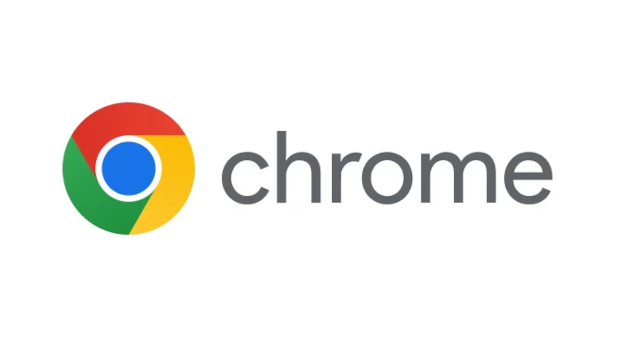
Advertising cookies remain in Chrome after all
Google is finally abandoning its plan to remove support for third party cookies, or advertising cookies, from Chrome.
Google appears to have succumbed to advertisers – the company’s largest source of revenue – who pointed out that without cookies it would be difficult for them to show personalised ads.
The plan to phase out third party cookies had already suffered damage. The UK market regulator CMA decided earlier this year that cookie tracking will not go out of the browser by 2024. This is because the regulator disagrees with how Google envisions the future version of Chrome.
In short, Google wanted to nest a new and fully-fledged advertising system ín the browser. This would track consumers’ interests, put that person in an anonymised box (Privacy Box) and make that data available to advertisers for a fee. However, the Competition and Markets Authority believed this new system was market-distorting.
The regulator already found in 2020 that the tech giant was taking unfair advantage of advertising data via the browser. At one time, the plan was to release the new version of Chrome in 2022. That became 2023 and then 2024.
Instead of phasing out third party cookies, Google wants to introduce a new experience in Chrome that, it said, “allows people to make informed choices”.
These include a plan for IP protection, where at least the user’s IP address will be anonymised.
In the European Union, the use of cookies is regulated by the General Data Protection Regulation (GDPR), which stipulates that publishers need explicit consent from users to store their cookies.
Google says it is working with regulators such as the CMA and the European Commission, publishers and privacy groups on the new approach, while continuing to invest in its Privacy Sandbox programme. Concrete steps are not yet being taken.







Subscribers 0
Fans 0
Followers 0
Followers